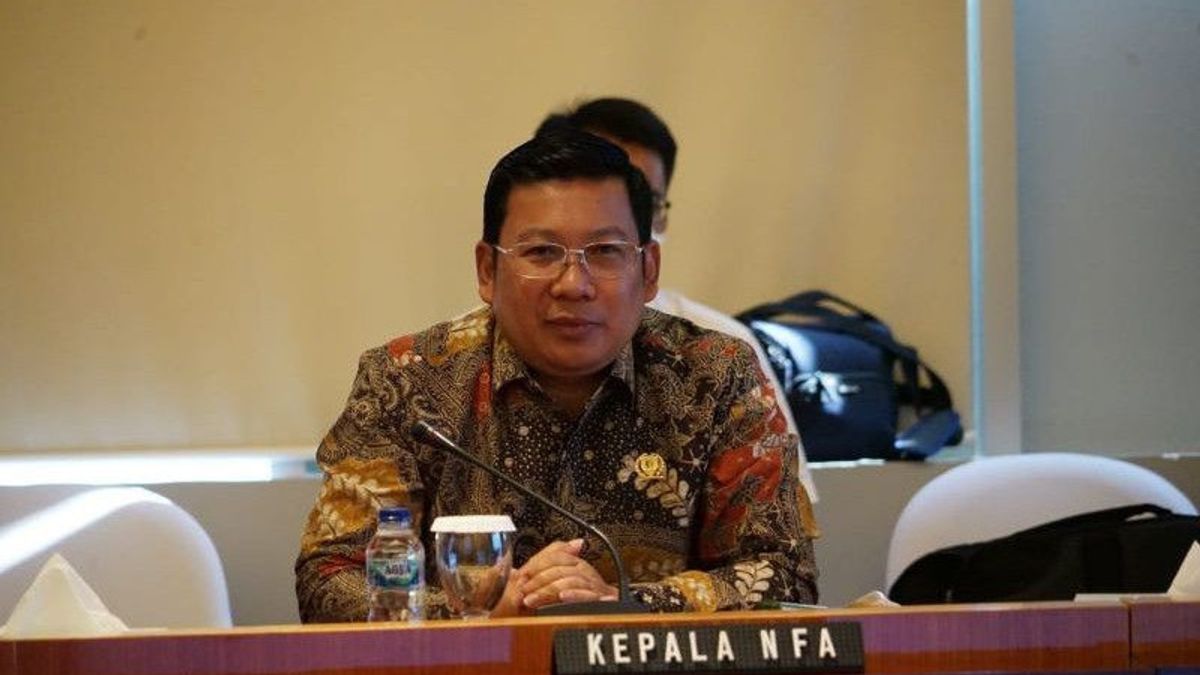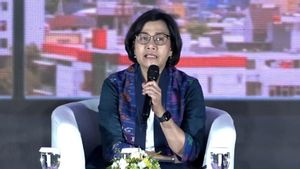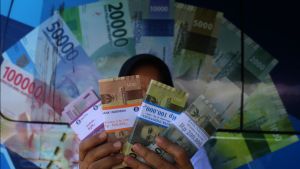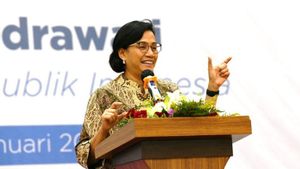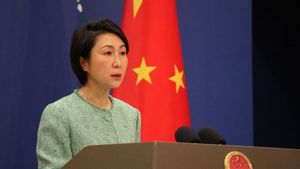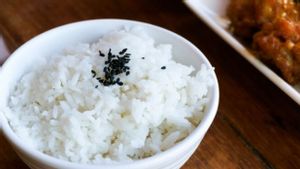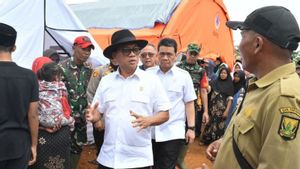JAKARTA The National Food Agency (NFA) ensures that the Government Rice Reserve (CBP) stock is safe and sufficient to meet distribution needs in the context of food stabilization intervention.
Head of NFA Arief Prasetyo Adi said that the CBP stock in Bulog's warehouse is currently sufficient, so that intervention in the form of second phase of food assistance can be carried out.
"We have calculated carefully regarding the procurement of rice in order to fulfill this CBP stock, so that according to the direction of the President, at this time we can distribute food assistance in the second phase and continue to process so that it can help low-income people to meet their food needs," said Arief in a statement, Thursday, October 26.
Through the distribution of food assistance, it is hoped that it can reduce the increase in inflation, especially rice as a food commodity that has a significant role in the dynamics of inflation.
The realization of this second phase of rice aid began in September 2023 and has reached 402,000 tons or 66.85 percent. The target recipients of the aid are low-income people who reach 21,353 million Beneficiary Families (KPM).
The second phase of food assistance in the form of 10 kg rice was rolled out in three months, namely September, October, and November 2023 to meet the needs of the community. Seeing the signing of the role of this food assistance in suppressing inflation and maintaining people's purchasing power. The food aid will be extended until December 2023.
In addition to providing food assistance, said Arief, other interventions also continue to be encouraged, including distributing food supply and price stabilization rice (SPHP) whose realization has reached 857,000 tons, both to the main market, traditional markets, to modern retailers.
Arief said NFA also synergizes with stakeholders, especially provincial and district/city governments throughout Indonesia in intensifying the Cheap Food Movement (GPM) so that people have a preference to shop for food.
VOIR éGALEMENT:
The GPM in the regions has reached 1,133 GPM activities consisting of 257 activities in 35 provinces and 876 activities in 332 districts/cities.
Previously, President Joko Widodo (Jokowi) said that government food reserves both at the central and regional levels were important factors that must be met by the government to maintain supply stability and food prices.
Jokowi emphasized that even though the regions experience a food surplus, food reserves must still be held to anticipate the food needs of the community.
"Actually, in West Sumatra Province, this is a surplus (padi), but whatever is called food reserves must exist. Therefore, we saw earlier in the Bulog (West Sumatra) warehouse there were food reserves," said Jokowi.
The English, Chinese, Japanese, Arabic, and French versions are automatically generated by the AI. So there may still be inaccuracies in translating, please always see Indonesian as our main language. (system supported by DigitalSiber.id)
